Weekly Index
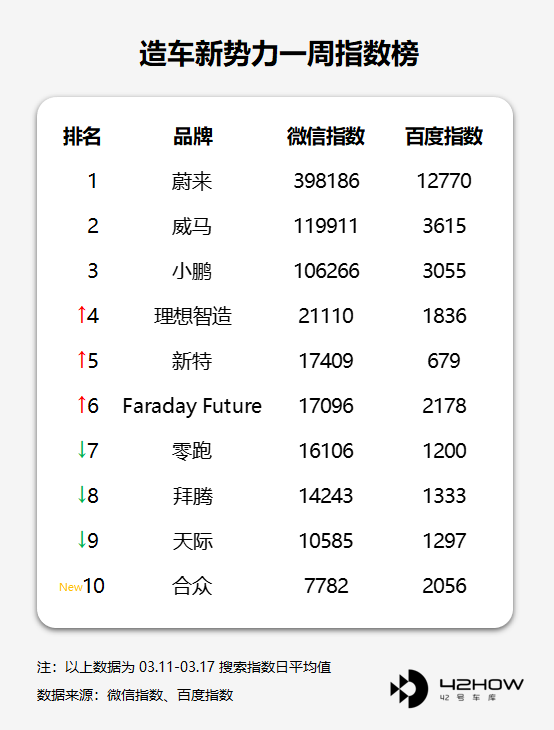
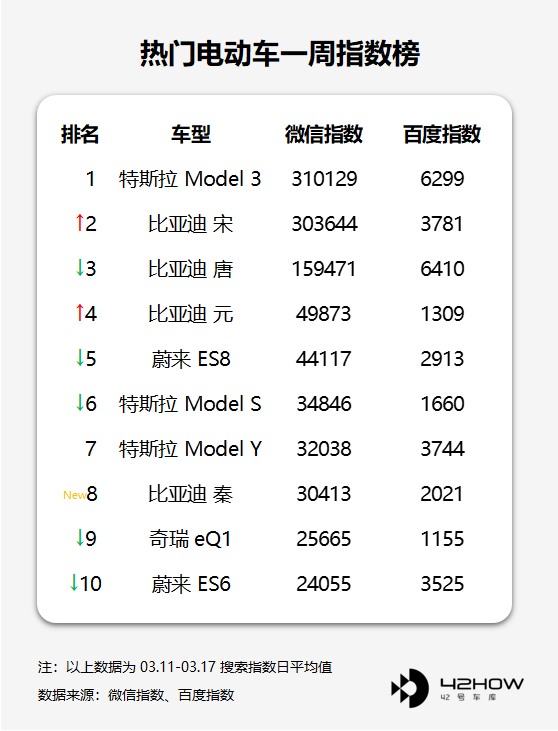
Weekly News
Tesla Will Raise Prices by 3% for All Models Except Model 3
On March 11, Elon announced in an email that Tesla plans to raise the prices of all models except the $35,000 Model 3 by 3% after March 18 due to unexpected offline store closures. The price adjustment is global.
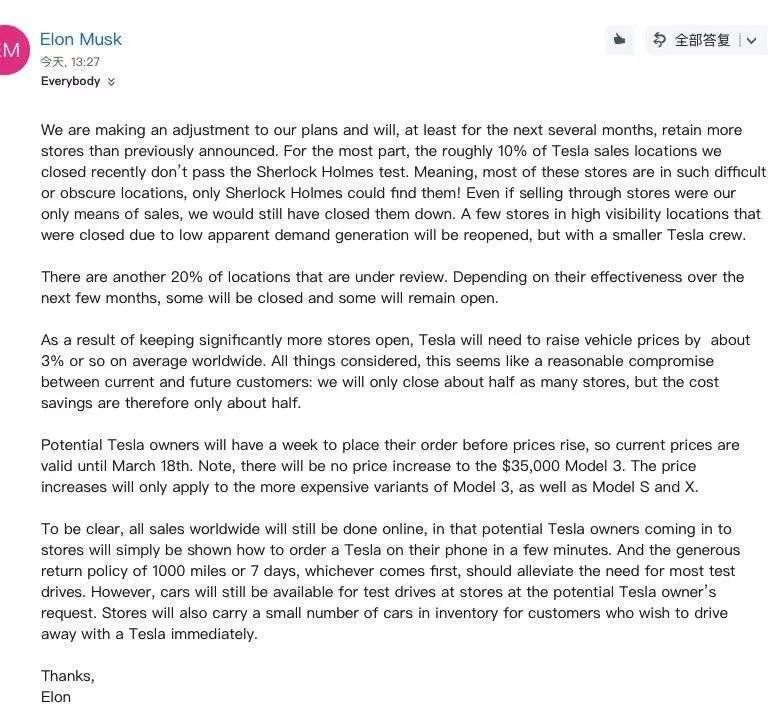
Comment: After April 1, the VAT rate for the manufacturing industry will be reduced from 16% to 13%, and the VAT rate for transportation and other industries will be reduced from 10% to 9%. After the announcement, major automakers have lowered the prices of their models. However, this policy adjustment should have little to do with Tesla, which will still raise its prices by 3% on March 19. Do Tesla owners feel like stock investors now?
Porsche Taycan Will be Released in September
During the Porsche 2019 Annual News Conference on March 15, Porsche announced that it plans to invest 6 billion euros in electric vehicles before 2022, and the first pure-electric model, Taycan, will be released globally in September 2019 and produced at Porsche’s Zuffenhausen factory. The car boasts a 0-100 km/h acceleration time of 3.5 seconds and a total range of over 500 km. Thanks to its 800 V high-voltage fast charging device, it only takes 15 minutes for the Taycan to travel 400 km after charging.

In addition, Porsche plans to invest 600 million euros to expand its factory in Leipzig, Germany for the next-generation Macan based on the PPE platform.
Comment: Porsche currently has the maximum effort in electrification among luxury car brands, and the Taycan is the only competitor that can directly compete with the Model S. However, Tesla has the potential to launch the next-generation Model S/X after the Taycan is released in September…### BMW invests 6.89 billion euros in R&D for autonomous driving and electric mobility in the whole year
On March 15th, BMW Group announced its financial performance with a total income of 97.48 billion euros, pre-tax profit of 9.815 billion euros, and R&D investment of 6.89 billion euros, with a focus on autonomous driving and electric mobility.
As of the end of 2018, BMW Group had delivered 350,000 electric vehicles, including 130,000 pure electric models and 220,000 plug-in hybrid models. BMW plans to launch more than 10 new or upgraded electric products by 2020. At the end of 2019, pure electric MINI will be launched in Oxford, and BMW iX3 will be put into production in Shenyang, China, and exported worldwide in 2020.
Brief comment: BMW’s R&D investment has remained stable in the past two years, and the proportion is also conventional. Although BMW launched the first pure electric model, i3, in 2012, subsequent models are mostly plug-in hybrids. It can be seen that BMW still has some hesitations in the trend of electrification. By the way, Daimler is in the same boat with BMW.
Audi invests 14 billion euros in developing electric vehicle technology
Recently, Audi announced that it will invest 14 billion euros in electric vehicles, digitization, and autonomous driving in the next five years. It is expected that by 2025, Audi will have more than 20 new energy vehicle models, and half of them will be driven by pure electric power.
Bram Schot, interim chairman of the Audi management board, said, “There is a clear feature of the new plan: we are taking a very systematic approach to promote electric mobility. In the future, we will focus more on this field. We always prioritize resources for attractive and marketable products and services that are oriented towards the future.”
Brief comment: As a son of Volkswagen Group, Audi has the assistance of the MEB platform on the left and the support of the Porsche PPE platform on the right. It is hoped that Audi will launch an competitive pure electric model soon.
Volkswagen plans to lay off 5,000-7,000 staff.Recently, Volkswagen announced at the brand annual meeting that in order to save €5.9 billion and increase operating margin by 6%, it plans to cut 5,000-7,000 jobs by 2023. Most of the jobs will be replaced by automated equipment, and Volkswagen explains that these employees will be able to retire early instead of being laid off. Currently, 90% of Volkswagen employees are responsible for engineering and hardware development, and Volkswagen hopes to reduce this proportion to 50% by 2030 while planning to hire an additional 2,000 engineers in software and electronic development.
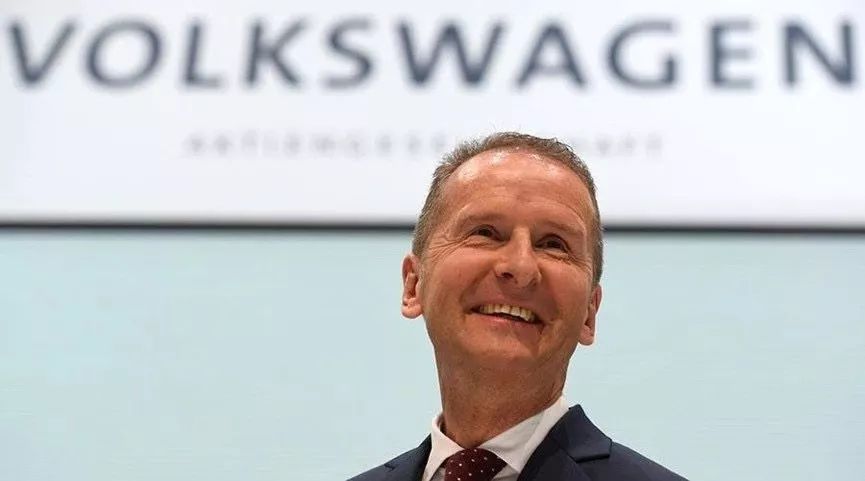
Comment: After Diess took over, Volkswagen’s strategy for electrification was steadfast. Although transformation is painful, not turning towards it will certainly be eliminated by the times. Go Diess, I’m optimistic about you.
Faraday Future sells land in Nevada
On March 14th, Faraday Future announced plans to sell over 5,000 acres of land in North Las Vegas, Nevada for a price of $40 million.
The reason given by Faraday Future is: in order to strengthen global strategic operations, implement Sino-American integrated R&D strategies, better integrate global resources, and adjust global layouts while focusing on strategic priorities, it was decided to sell this piece of land. In addition, the FF91 will be relocated to the factory in Hanford, California for production.
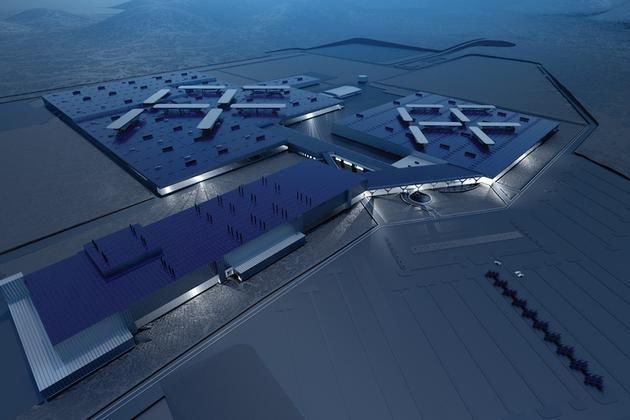


Comment: This piece of land located in the Apex Industrial Park is between Los Angeles and Silicon Valley, making it an excellent location from the perspectives of geography, logistics, and potential talent resources. However, after breaking up with its main backer Evergrande, Faraday Future is struggling and must sell land to survive. But I just want to ask, will FF91 go into mass production in 2019?


This article is a translation by ChatGPT of a Chinese report from 42HOW. If you have any questions about it, please email bd@42how.com.

